Uganda confirms accepting US deportees from other African countries
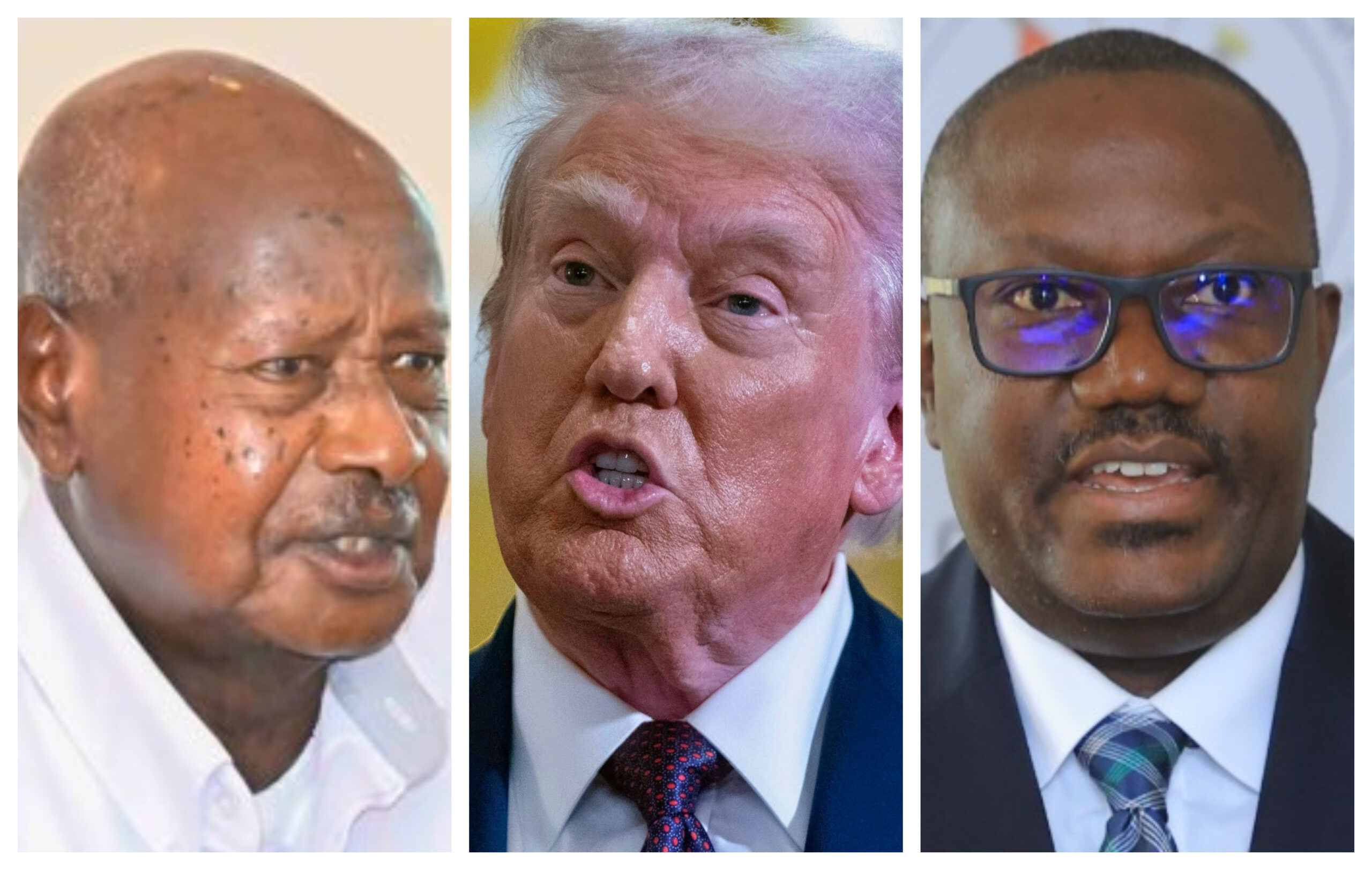
Uganda has quietly signed on to a contentious U.S. migration plan taking in some non-Ugandan deportees from other African countries so their protection claims can be examined in Kampala.
The temporary, tightly conditioned arrangement announced by the Ministry of Foreign Affairs could test Uganda’s already-stretched refugee system while giving Washington a new lever in its expanding third-country transfer strategy.
Uganda will cooperate on processing certain protection requests involving non-Ugandan migrants, formalising a temporary arrangement under which some deportees from other African countries may be transferred to Uganda for consideration.
In a statement issued by the Ministry of Foreign Affairs, Permanent Secretary Bagiire Vincent Waiswa said the arrangement covers third-country nationals who are not granted asylum in the United States and are reluctant or fearful of returning to their countries of origin.
He emphasised that the understanding is temporary and bounded by strict conditions.
Individuals with criminal records will not be accepted, unaccompanied minors are excluded, and Uganda prefers that transferees be nationals of African countries.
Kampala and Washington are “working out the detailed modalities” for how the agreement will be implemented, the statement noted.
While the government has not publicised operational timelines or target figures, the contours of the policy align with internal U.S. government documents reported this week by CBS News, which describe a U.S. plan to send certain migrants to third countries deemed “safe” to hear protection claims.
According to those documents, Uganda would receive deportees from elsewhere in Africa who have no criminal histories, though the number of people remains unspecified.
CBS News framed the arrangement under a U.S. “safe third country” provision that allows asylum seekers to be routed to countries other than their own so long as host authorities are judged capable of fairly hearing claims.
The reported deal with Uganda comes amid a broader U.S. diplomatic push to secure deportation arrangements across multiple regions, especially for migrants who cannot readily be returned to their home states due to diplomatic or logistical barriers.
Senior U.S. officials have avoided commenting on specific negotiations, but have reiterated support for the President’s policy of removing people who lack a legal basis to remain in the country.
Earlier this summer, the U.S. Supreme Court cleared the administration to deport migrants to third countries with minimal notice and due process, a ruling that, according to the internal documents, has paved the way for faster expansion of these transfers.
The same tranche of U.S. documents cites a network of parallel or emerging understandings.
Honduras has agreed to accept a limited number—several hundred over two years—of deportees from other Spanish-speaking Latin American countries, including some families with children, with the option to take more later.
The papers also reference recent arrangements or transfers involving Costa Rica, Panama, El Salvador, South Sudan, and Eswatini, and note that Guatemala, Kosovo and Rwanda have expressed readiness to receive third-country deportees.
The State Department said last week it had signed a “safe third country” asylum deal with Paraguay, while Mexico, under a long-standing framework, already takes back some Latin American migrants who crossed the U.S. border.
Rights advocates have criticised the U.S. campaign, warning that people could be removed to countries where they may face harm, lack adequate due process, or risk onward refoulement.
A recent U.S. State Department report flagged “negative developments” in Uganda’s human rights record, citing unlawful killings, arbitrary arrests and disappearances, and limited accountability—while also acknowledging Uganda’s longstanding cooperation with the U.N. to host large numbers of displaced people.
Uganda is already one of the world’s largest refugee-hosting nations, and any added inflows will test reception systems and local services.
Policy experts say the strategic aim is as much about messaging as it is about numbers.
Doris Meissner, a former head of the U.S. Immigration and Naturalization Service and now a senior fellow at the Migration Policy Institute, noted that third-country deportations were historically rare, used only in exceptional cases.
She suggested the current U.S. approach may be leveraging tools such as visa restrictions and funding to persuade governments to sign on.
Even if the total numbers remain modest, she argued, the deterrent signal—that those without legal status could be sent to distant countries where they have no ties—is central to the policy’s design.
In Kampala, attention now shifts from the principle of cooperation to the mechanics of implementation.
The Ministry of Foreign Affairs has said only that detailed modalities are being finalised, but unresolved questions include how arrivals will be screened, what safeguards against refoulement will be in place, and how Uganda will coordinate with UNHCR and other partners to ensure due process and humane reception.
Share this content:
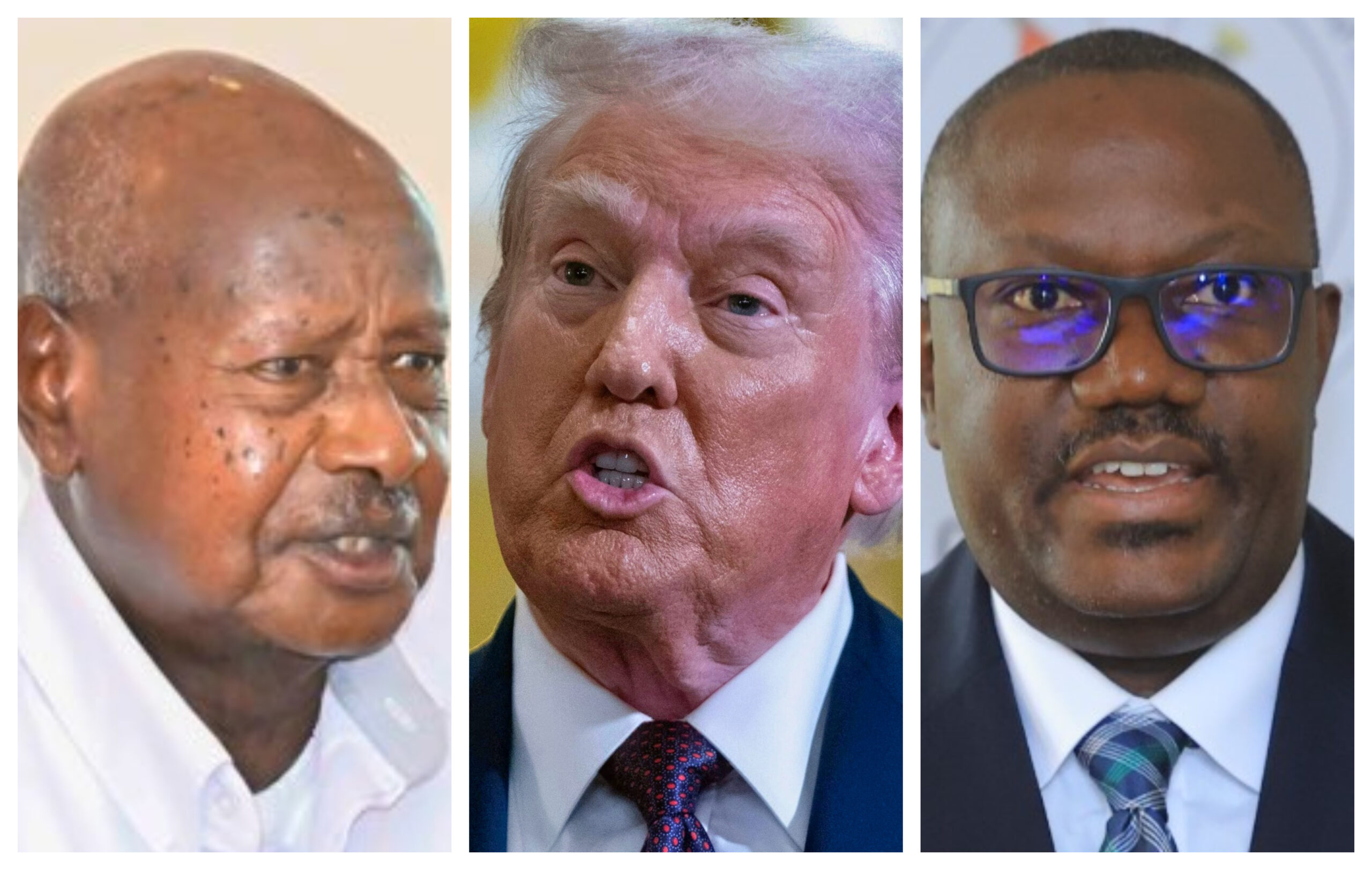
 Opportunity Bank Uganda at 30: Celebrating Inclusive Banking, Community Impact, and the Opening of 25th Branch at Rwamwanja
Opportunity Bank Uganda at 30: Celebrating Inclusive Banking, Community Impact, and the Opening of 25th Branch at Rwamwanja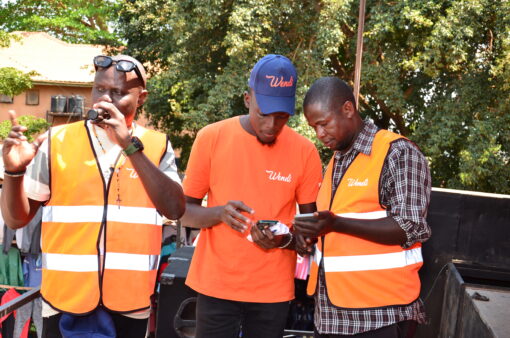
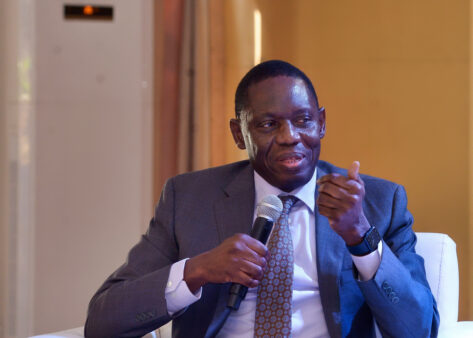
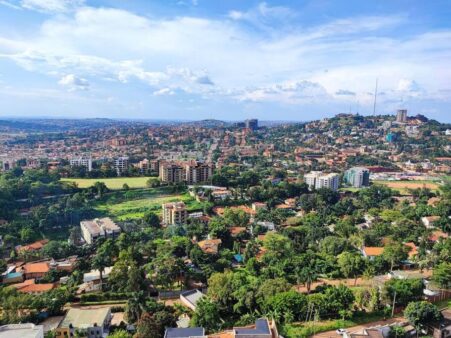
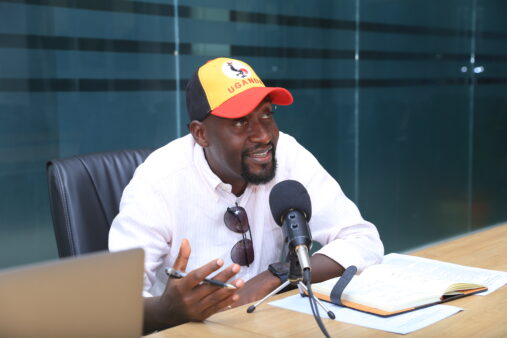




Post Comment